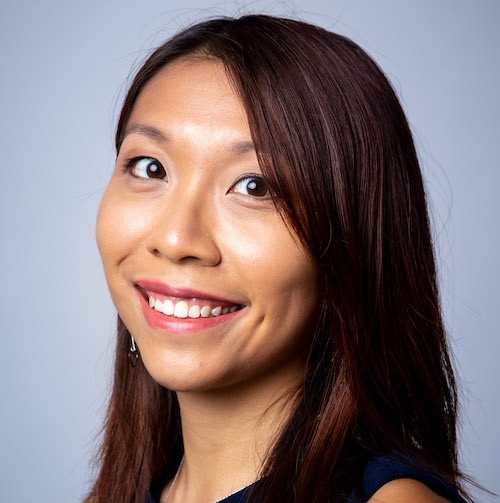Welcome Dr. Suzanna So - Assistant Professor, Advanced Studies in Education & Counseling
The College of Education welcomes Dr. Suzanna So, one of two new faculty members to join the College this fall! Read below to learn more about what Dr. So hopes to inspire in and teach her students, her research interests, and why she chose the College of Education at CSULB.

Within my research, teaching, and clinical practice, issues of diversity, equity, and inclusion have been at the forefront of my mind for many years. Through my work, it was disheartening to see so many disparities in education, healthcare, and daily life. Given CSULB's reputation as a leading public institution focused on our communities, I was encouraged by the vision and mission of the College of Education to promote "Equity & Excellence in Education" in diverse urban settings. I am eager to play a role in mentoring the next generation of scholars.
As a licensed psychologist, my clinical experiences have focused on the assessment and treatment of school-aged children and families, with specialization in interdisciplinary community mental health. Due to chronic stressors related to structural inequities, many youth and families are in a disadvantaged position with regard to their health and development. Especially given the impact of COVID-19, more youth and families require mental health services than ever. I am dedicated to diversifying the field of psychology by educating and mentoring the next generation of counselors to promote social responsibility, justice, and equity in our communities.
My research thus far has focused on community violence exposure and mental health outcomes among youth of color in divested, urban communities. I am interested in continuing this line of work to understand culturally-specific resiliency factors that can be targeted in treatment for youth exposed to significant stress, adversity, and trauma. Although many systemic factors negatively impact minoritized youth and families, I hope that our research informs efforts to build resilience and interrupt the cycle of risk in the lives of young people who are exposed to trauma-related stressors. Additionally, I want to use my research to provide additional context and therapeutic insight in my coursework for students preparing to become LPCC or LMFT.
Within my teaching, I aim to foster an environment for diverse students to share and learn together by questioning the status quo and gaining a deeper understanding of how and why situations are the way they are, rather than simply accepting things at the surface level. Given my research and clinical background, I will bring in case examples and current events to provide a richer understanding of the information. Similarly, students have their own unique context and lens to expand the classroom discussions. Beyond just reading and regurgitating facts, I want my students to be able to apply what they have learned in real-life situations. I want them to be able to assess the relevance for different populations, as well as to examine the possible impact on interventions, policy, attitude change, and social justice.
Personally, I was the first in my family to pursue an undergraduate and graduate degree. I hope my students are able to see me as both an instructor and a mentor to guide them along the path to their goals.
I hope to prepare my students for a career in counseling by teaching how to provide culturally-responsive, family-centered, and evidence-based care.
I hope my students will continually engage in self-reflection to learn and grow as scholars and counselors/clinicians. I want to inspire them to capitalize on their own knowledge, background, and experiences to advocate for and empower those who are in need.





